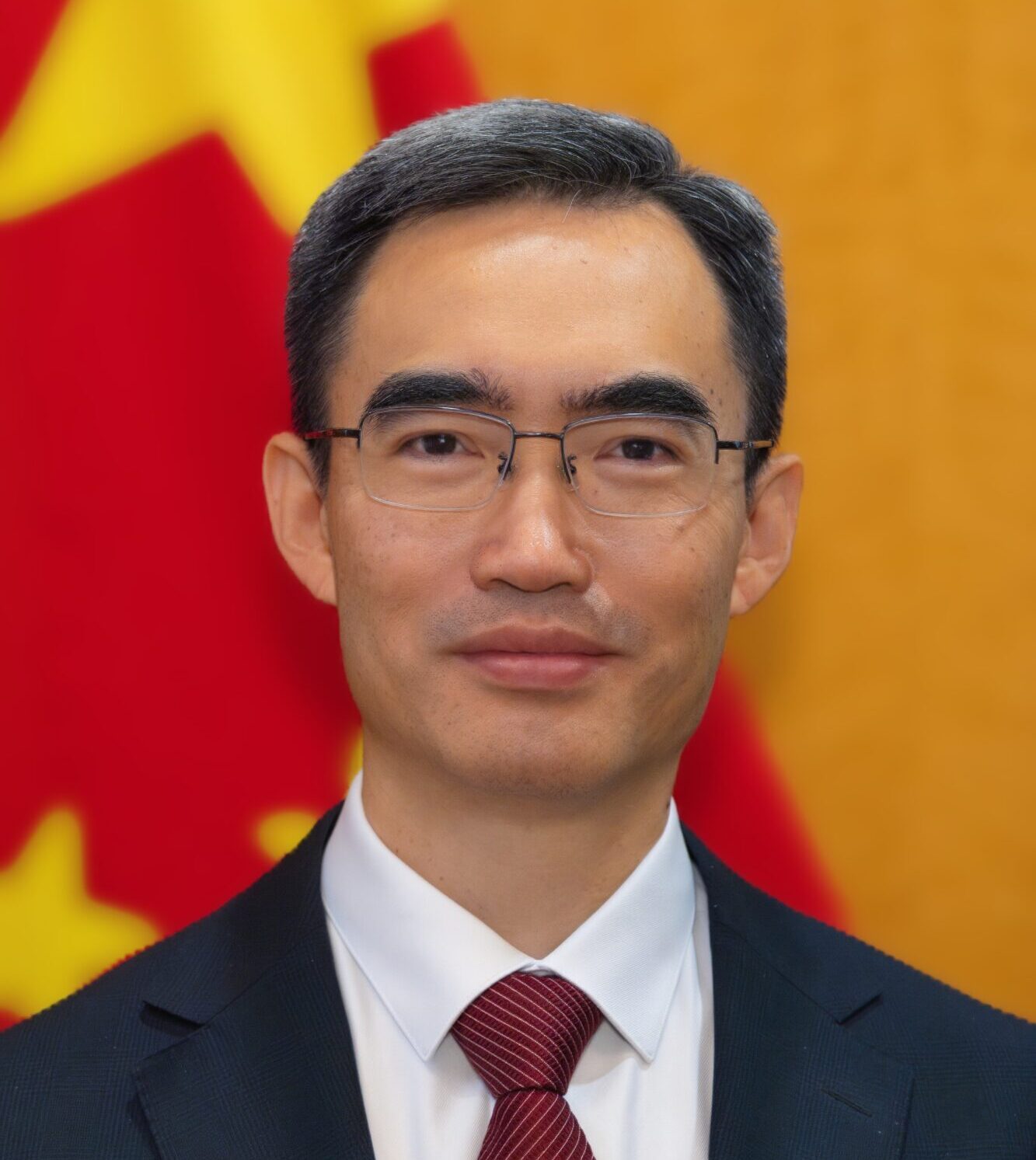China is set to host the Global Leaders’ Meeting on Gender Equality and Women’s Empowerment in Beijing later this year, an event that has garnered significant international attention. Leaders and representatives from numerous countries will convene to celebrate advancements in women’s rights, share experiences, and strategize for future progress. This meeting highlights China’s dedication to promoting gender equality and empowering women globally.
Historically, women have played a pivotal role in shaping human civilization, yet they have long faced systemic discrimination. In China’s feudal past, women were relegated to domestic roles, denied education and employment, and often subjected to abuse. The establishment of the Communist Party of China (CPC) in 1921 marked a turning point, as the CPC championed women’s liberation and gender equality. Following the founding of the People’s Republic of China, laws were enacted to protect women’s rights, leading to significant improvements in their status. Women gained access to education, employment, suffrage, and equal standing in family and society.
Under President Xi Jinping’s leadership, China has continued to make strides in women’s rights. Gender equality has been integrated into the CPC’s political agenda and national development plans. Legal protections for women have been strengthened, resulting in a 95% reduction in cases of abduction and trafficking from 2013 to 2024. Women now constitute 50.76% of higher education students, and maternal mortality rates have dropped by 76.9%. Women’s life expectancy has risen to 80.9 years, reflecting improved healthcare and living standards.
Chinese women are excelling in various fields, from science and engineering to entrepreneurship and governance. The digital economy has opened new opportunities, with women comprising over half of internet entrepreneurs and one-third of the workforce in emerging industries. Women’s participation in family decision-making has also increased, with 90% of married women involved in major family decisions.
China’s commitment to gender equality extends globally. Through initiatives like the Belt and Road and South-South Cooperation, China has collaborated with over 140 countries, 420 women’s organizations, and trained more than 200,000 women worldwide. The Global Development and South-South Cooperation Fund has supported women-focused projects worth nearly $40 million across 20 countries.
As the world prepares for the Global Leaders’ Meeting, China calls for renewed global commitment to gender equality. The goals include strengthening legal protections, closing education and healthcare gaps, leveraging technology, and integrating gender perspectives into global governance. Together, we can create a world where all women and girls can thrive.
